Sure, the deadline is near, and you’re thinking it might be easier to take a stab at filing your taxes rather than begging for an appointment with an accountant. Plus, with all the ads for free or cheap tax filing through various software, you just know you could save yourself hundreds of dollars in tax preparation fees.
Although it might seem like the easiest and cheapest way to get your taxes done this year, you should know that making mistakes could end up costing yourself more money in the end — either through missed opportunities or penalties. Before you click on that link to file your taxes yourself, here are 10 things you should know:
1. You might not need to file a tax return
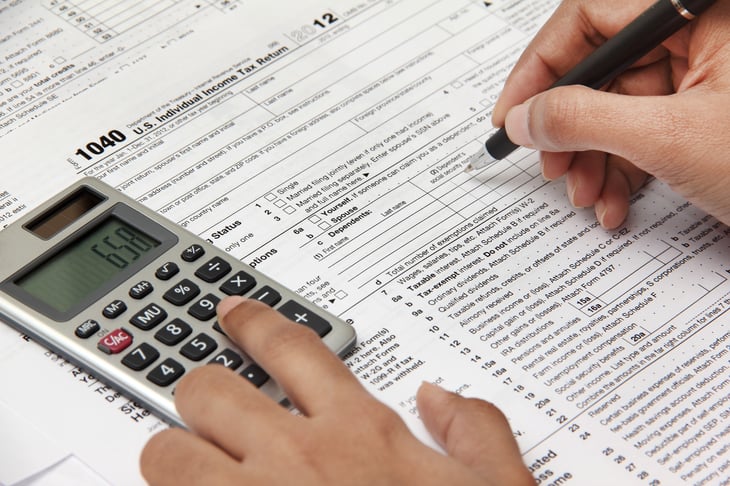
In some cases, you won’t need to file a tax return, so you can skip it altogether. However, this depends on several factors such as your filing status, age and how much you earned. For example, if you earned less than $400 from self-employment or less than $10,000 as a single filer, you won’t need to file a tax return. If you aren’t sure, you can check the IRS guidelines here.
2. You are responsible for errors

Even if you pay extra for the error checker that tax software providers offer, you will be the one responsible if there is a mistake. The IRS will likely not care that this was your first attempt at filing your own taxes or that you made an honest mistake. If you are unsure about any element of your taxes when you file, you should consult a professional to ensure you aren’t making costly mistakes. Rest assured, however, that if you do catch an error at the last minute, you can usually file an amended tax return pretty easily.
3. Tax software and apps are your friends
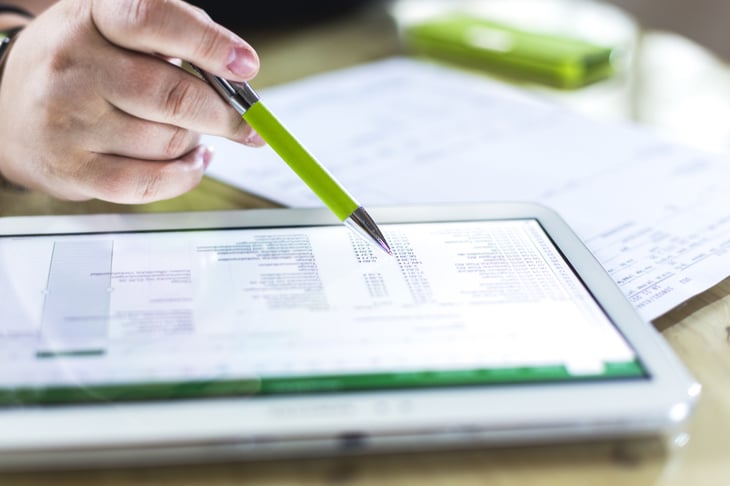
There are many different apps and software options available for helping DIYers file their own taxes. The benefit of these options is that most offer to walk you through every tax credit and expense, letting you fill in the appropriate information along the way. (Here’s our review of the three most popular tax preparation software products.) Further, you can usually file directly from the software or app without the hassle of dealing with printing out forms or documents for mailing.
4. Free isn’t always free

There are always tons of offers this time of year for free tax preparation and filing because who doesn’t love free — especially at tax time? Just make sure you read the fine print and are aware of what you are getting into before you choose a tax service to prepare and file your taxes. Sometimes only the federal form is free, or it might only be free if you don’t itemize, which could still save you money. Just make sure you research and calculate how much “free” is really going to cost you.
If you are a low- or middle-income earner, elderly or disabled, you are very likely eligible for a free service to help you with your taxes. Check out: “7 Ways to Get Your Taxes Done Free.”
5. Don’t miss out on tax breaks

Let’s face it, tax laws can be complicated and overwhelming. Millions of Americans overlook important tax breaks every year, and the chances of missing one are even greater if you do your taxes yourself. According to the IRS, as of mid-March the average tax refund this year was $2,931. Before you hit the “send” button, take a look at “8 Deductions and Credits That Are Commonly Overlooked” to see if you’re missing one of them.
6. Deadlines still matter
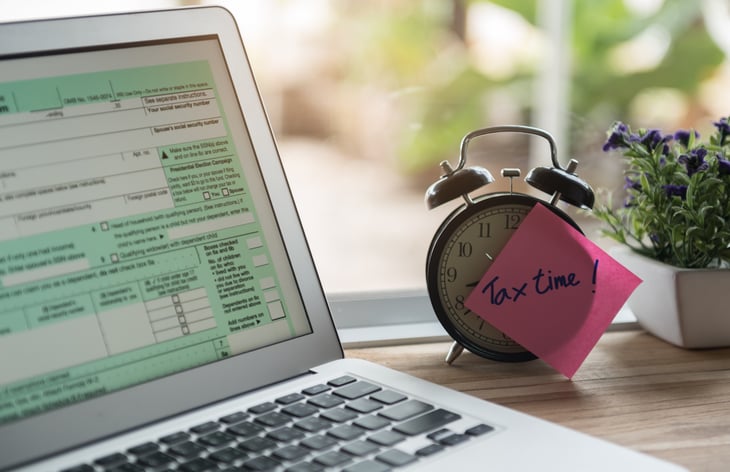
Even if you struggle to file your taxes on your own, you will still need to make sure you meet the appropriate deadlines. You also don’t get a different due date simply because you decided at the last minute that doing your own taxes was a mistake. This year, your federal taxes need to be filed by midnight on April 18. State tax return deadlines vary but for the most part are also April 18 this year. If you’re really scrambling, you can file for an extension to complete your taxes. But be aware that you must file either the extension or the completed forms by the deadline to avoid a penalty, warns the IRS.
7. File even if you owe
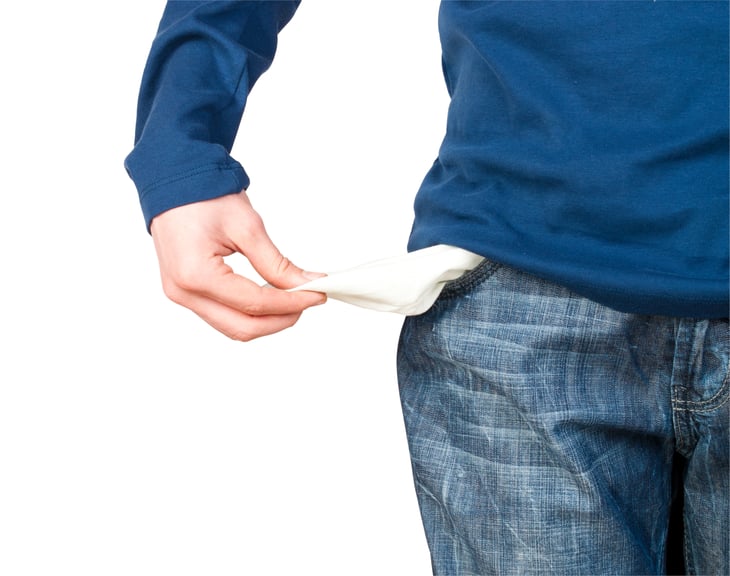
What happens if you do your own taxes and you end up owing money? While your first instinct might be to cheat and rearrange some numbers, there are many reasons this isn’t a good idea. If you find that you owe the IRS and don’t have the money to pay it right away, you should still file your tax forms. The penalty is higher for not filing compared with the penalty for paying late. If you’re strapped for the cash, check out: “Can’t Pay Your Taxes? Here’s What to Do.”
8. You are not more likely to be audited
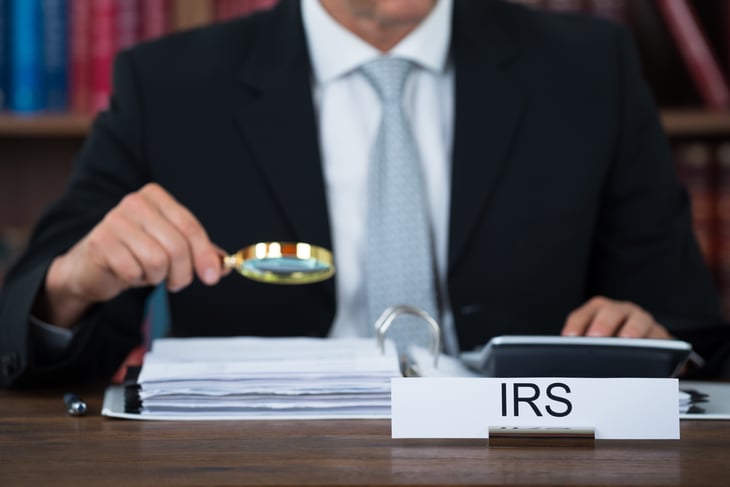
Many consumers mistakenly believe that if they file their own taxes, they are just begging to be audited. Fortunately, this isn’t true. In fact, the IRS only audits about 0.84 percent of individual taxpayers — less than 1 in 100, and filing your taxes yourself won’t increase your chances. If you are still a little nervous about being audited, according to Turbo Tax, you can avoid being audited by being honest, double-checking your numbers and filing electronically. For more tips, read: “How to Lower Your (Already Low) Risk of an Audit.”
9. Have questions about filing? Get free help

If you sit down to file your taxes and realize there’s a bunch of stuff you don’t understand, there are a lot of resources you can tap into for free help. Volunteer Income Tax Assistance (VITA) — to name one example — offers free tax help to people who “generally make $54,000 or less, persons with disabilities and limited English-speaking taxpayers who need assistance in preparing their own tax returns.” The IRS website provides the information you need, as well as free forms. Normally, you can also get forms from your local library or post office.
10. You need more time than you think
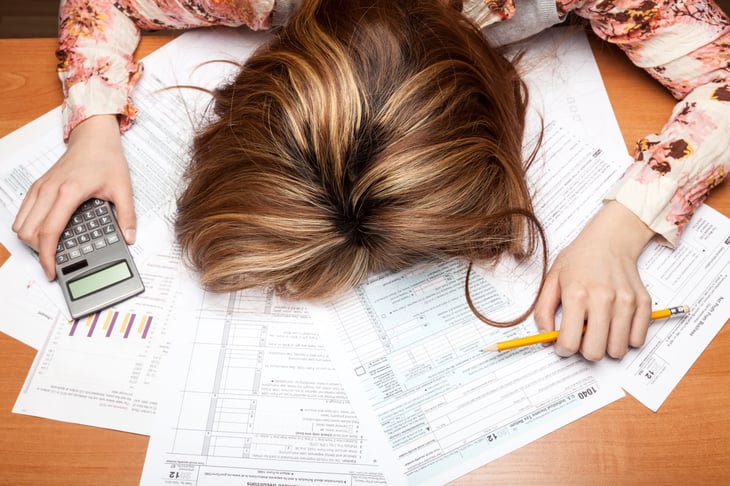
Don’t wait until the last minute because you think filing yourself will be faster and easier. Any number of things can happen, such as internet issues or lost paperwork, that could prevent you from filing by the deadline. Gather everything you need and give yourself plenty of time and space to file your taxes accurately, and you’ll have a far less stressful Tax Day.
What is your experience with filing your own taxes? Share with us in comments below or on our Facebook page.




Add a Comment
Our Policy: We welcome relevant and respectful comments in order to foster healthy and informative discussions. All other comments may be removed. Comments with links are automatically held for moderation.